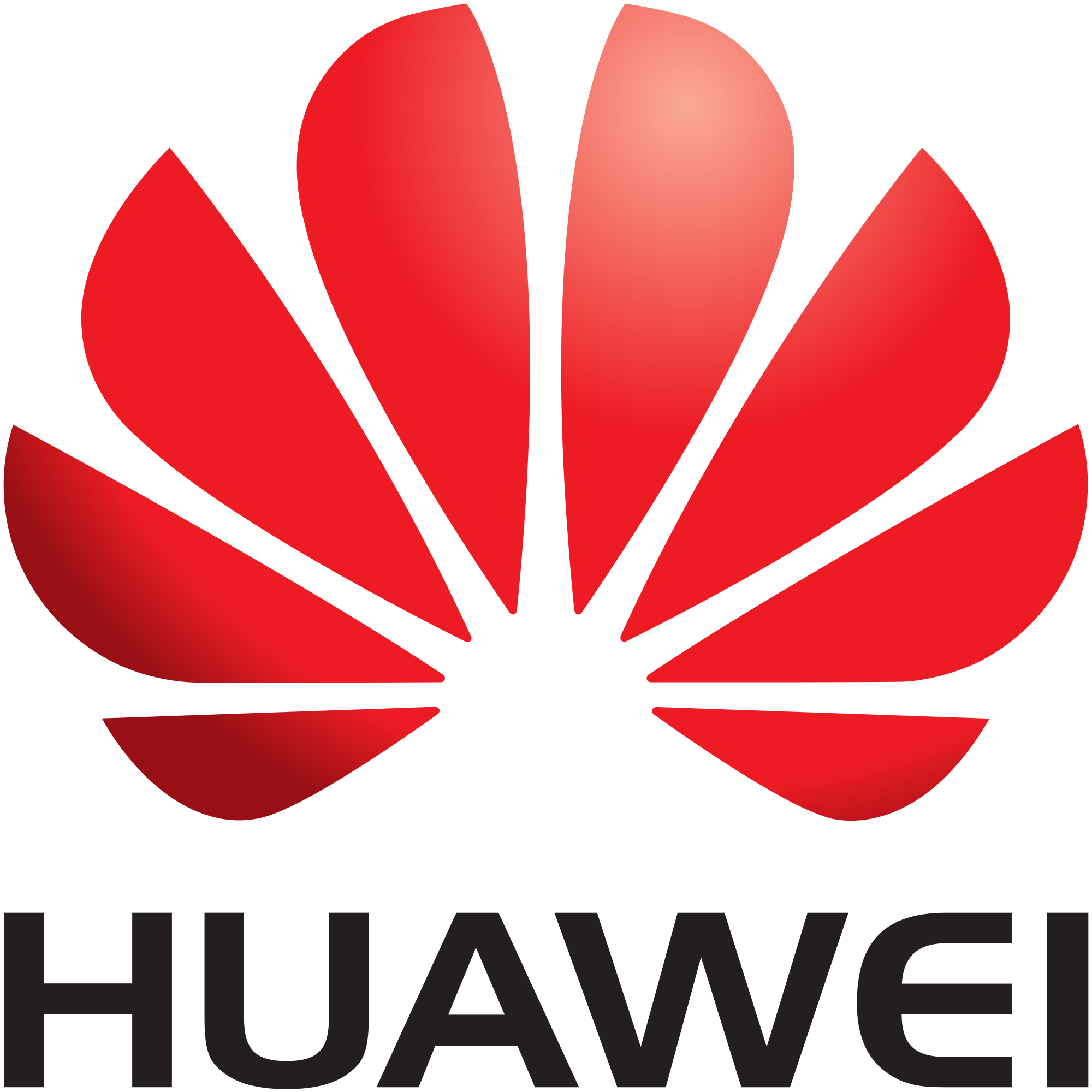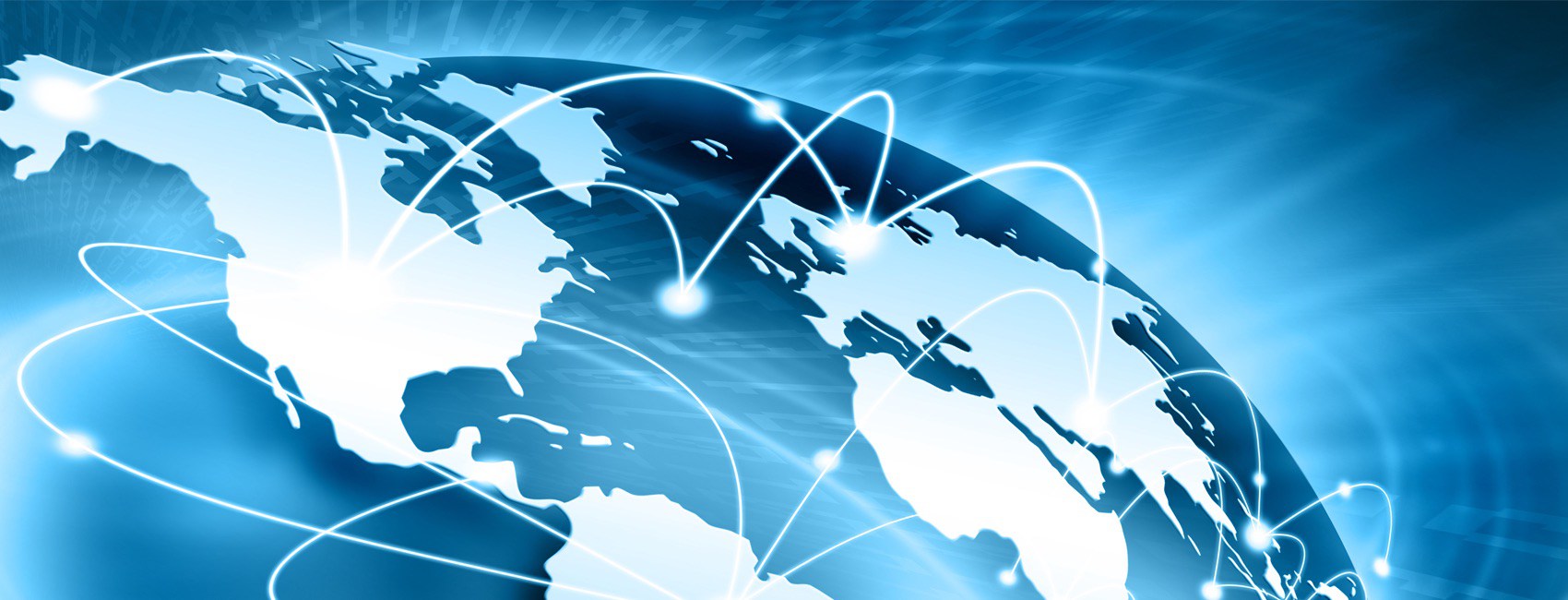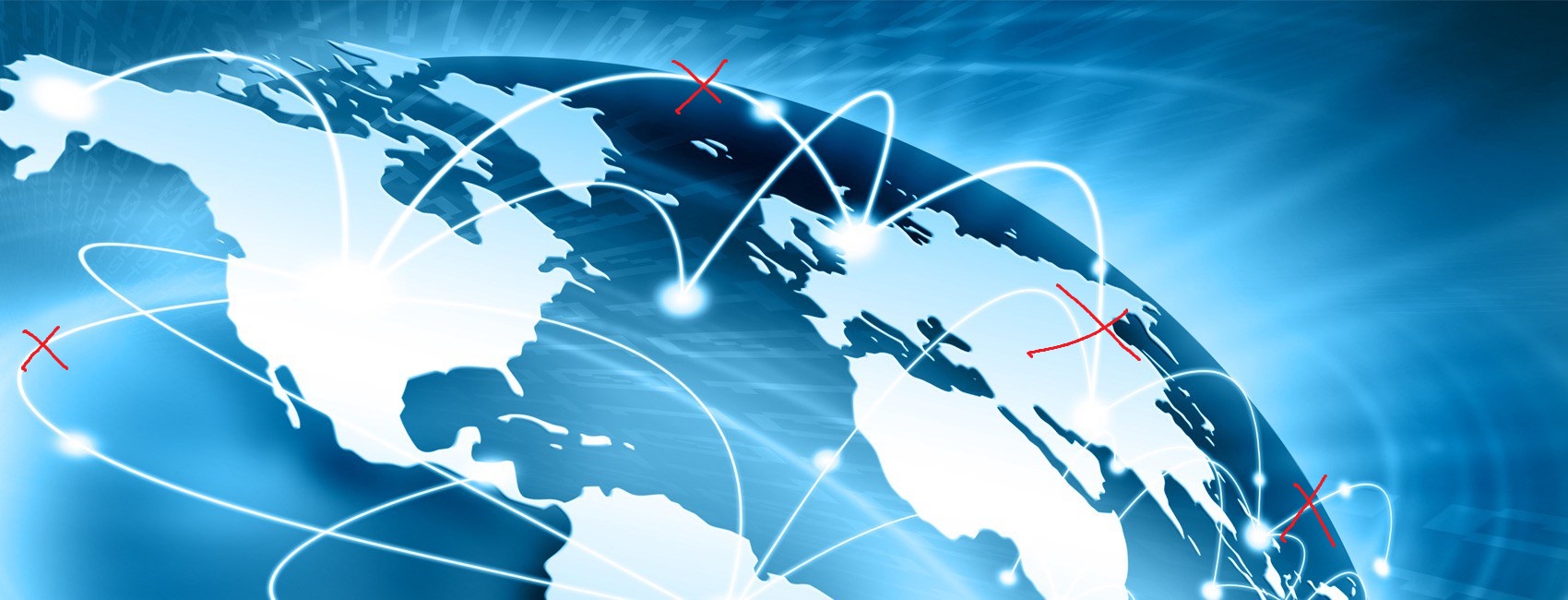So What’s The Problem?
Technology is a global ecosystem. Advancements in the industry may happen in individual research centers, implementing them requires dozens more. Research that is funded in America is then designed in Germany and manufactured in Taiwan for instance. Though this isn’t an article on supply chains, it will help to highlight just how interconnected the world has become. And even beyond that, assembled products are then sold all around the world.

No country is an island, no continent stands alone. Though I feel we could start to see some testing of such a system.
While I don’t believe it will ever get to this point, a few moves by the United States government have been trending in that direction. Two particular cases really caught my attention. The first, Kaspersky Lab, the second, Huawei. I also want to get out ahead of this, these measures we’ve seen come from both political parties.
Kaspersky Lab, Tarred And Feathered
Kaspersky Lab is not a new name in security. They have a long track record of being some of the best in the industry when it comes to cyber security, and earn many accreditation year over year for their diligence. They have protected millions of systems, highly sensitive and valuable research, and are a standard in many fields. Now to be clear, Kaspersky Lab is not the only option on the market. Many people have preferences and arguments for other products. But what troubles me is the fact that a company should lose their contract over having, quite simply, a Russian name.

On September 13th, 2017, the Department of Homeland Security ordered that all instances of the software be wiped from their systems in three months. After a “risk-based decision” coming down from the White House Cybersecurity Coordinator, Kaspersky Lab was removed from a list of pre-approved vendors.
Changing vendors is a common practice. But those reasons should are usually justified through budget or service improvements. No reason was given about the cutting of contracts with Kaspersky Lab other than “The risk that the Russian government, whether acting on its own or in collaboration with Kaspersky, could capitalize on access provided by Kaspersky products to compromise federal information and information systems directly implicates U.S. national security,”.
The argument was asserted by Rob Joyce (White House Cybersecurity Coordinator) that “what you need to understand is, under Russian law, they must collaborate with the FSB,”. To push back against the U.S. Government labeling them as a spying tool of the Russian State, Kaspersky offered its source code to be inspected.
Nothing was found to be a backdoor, intentional flaw, or any other means of turning these anti-virus products into spying tools. But that wasn’t good enough. DoHS felt it was a reasonable assumption to think Russia would use its influence on the company to access government systems.
Regardless, the contract was broken, and Kaspersky was shunned and their reputation tarnished for what amounts to, having the wrong name in a poor political climate.
Huawei, More Like No Way
Next example is that of Huawei. If you haven’t heard of this company, there is a reason for that by now. While the largest cellphone manufactuer and brand in China, they have been facing massive headwinds when trying to break into the United States. Their phones may not be of the finest builds, but they are on a level with the big players on the market.
 The latest problem with Huawei concerns no U.S. carrier making deals with the Chinese based company to sell the phones to users. AT&T found themselves pulling out of an agreement that would have made Huawei phones available through their network after the United States government put pressure on the carrier to do so. Then a few weeks later, Verizon received the same treatment from the government on the same grounds.
The latest problem with Huawei concerns no U.S. carrier making deals with the Chinese based company to sell the phones to users. AT&T found themselves pulling out of an agreement that would have made Huawei phones available through their network after the United States government put pressure on the carrier to do so. Then a few weeks later, Verizon received the same treatment from the government on the same grounds.
The problem? Too Chinese. That’s the only reason that can be found. The United State government mentioned concerns of a Chinese based phone company, that is primarily sold in China, and manufactured in China, might have ties that make it a security risk for the American public. Despite having 70 Million customers worldwide, including Japan and Europe, and being the third largest phone company in the world, that’s still not good enough.
What’s The Connection?
This problem I believe has the same roots. A general distrust is brooding among our government of other countries, and leading to policy decisions based on fear. Reason and evidence are in short supply for both of these decisions. To keep trusted and respected companies from doing trade in the United States.
In the case of Kaspersky, if their concerns truly are “They may be connected to the Russian Government”, some very basic evidence of “Kremlinbackdoor.exe” or mystery servers/services being called would be sufficient. But instead, to keep them operating and selling to the public. With no penalties, only shows that these measures are taken on superstition. Gut reactions, feelings, “if’s”, “maybe’s” don’t make good policy.
An otherwise legit company now has to answer to every customer and country it deals with, why it was accused of such malfeasance. Lots of shoulder shrugging in the future for Kaspersky.
In the case of Huawei, American consumers don’t get to experience yet more market competition just because they have a funny name. The phones are still available through their website and are sold in the United States. But no carrier has deals or will sell them with bundled plans. 90% of smartphones are sold in this manner, and to not have that option, is a death sentence for the company in North America.
A net loss for consumers once again, with no proof, or ramifications, from our government. Deciding even more so, a loser in this market.
Ok, And?
Why does all of this matter? Because as a consumer, we are losing out on great companies, experts, and technologies. America was the pinnacle of technology where everything culminated. Now we are pushing back against companies because they are from other countries. And xenophobia doesn’t work in a connected economy.

We aren’t just rejecting China and Russia. We are rejecting all of the countries that they deal with. It says that America isn’t looking for the best, we are looking for the same. A world where you shun innovation, and reject out of fear, is one that you fall behind.
With enough fear mongering, America will be a market that’s just too much hassle to deal with. And it will be forgotten.

